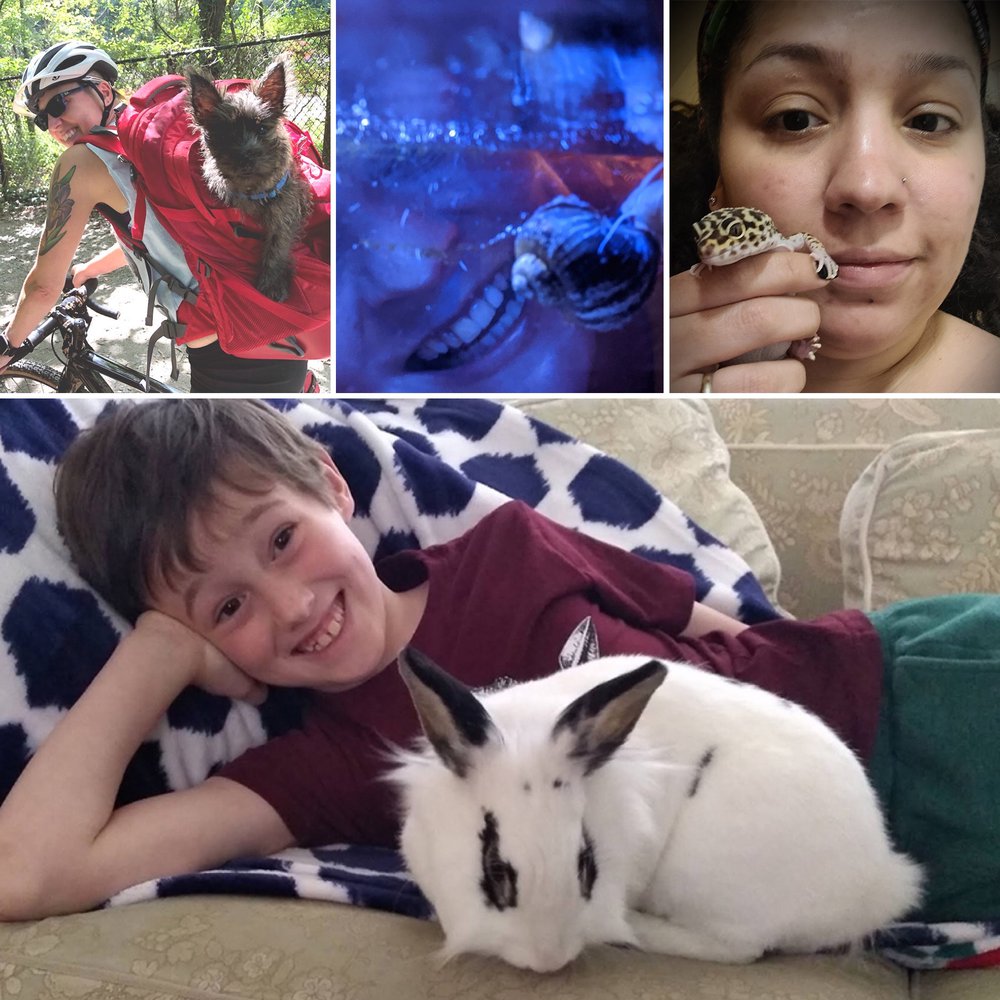Question Your World: How Do Pets Affect Us during a Pandemic?
We’ve often read that having a pet enhances one’s health or pet owners tend to live longer, but how do they do through a crisis? Recently some scientists took a deeper look into the relationships between humans and their animal companions during our current lockdown lifestyle. How do pets affect us during a pandemic?

Michael Jackson had a chimp named Bubbles. Arnold Schwarzenarger has a donkey. Miley Cyrus’s love for her potbellied pig is well known, too. And even Salvador Dali was known to walk around the streets of Paris with his anteater. The point is pets come in all shapes and sizes.
As many people socially distanced themselves to prevent spreading the coronavirus, they substantially reduced their daily, normal interactions with other people. Loneliness and isolation are often a result of a secluded solitary lifestyle. Scientists also know that loneliness can lead to further mental and physical damage as well. But, how do pets affect our current socially distanced existence?
A survey was conducted involving 6,000 participants. Some were pet owners while others were not. (The results skew toward pet lovers, something to keep in mind as we explore the results.)

Survey participants were asked questions regarding how their animal companions have factored into emotionally coping with the pandemic, keeping individuals active and so on. An overwhelming majority of survey responses indicated that animal companions have helped humans cope with the new normal of socially distanced living. A whopping 94 percent said their animals have had a positive impact on their families through pandemic.
In the past, most of these types of studies have focused on dogs and cats; this study’s scope however was expanded to any and all pets. Researchers observed that humans can form strong emotional bonds with non-traditional animal companions. Individuals with an animal companion – be it a hedgehog, goat, bearded dragon or sugar glider – reported a less lonely experience through the lockdown.

This research raises many questions regarding the human-animal bond and whether we can define its role in understanding human relationships. This study also noted that this may be a construct linked to mental health vulnerability in some individuals.
For the moment though, we have yet another report supporting the notion that animal companionship may very well mitigate some of the damaging psychological impacts of lockdown life. There you go folks … a classic science story about claws and effect.
The Museum is hard at work helping you to discover your world despite dramatically reduced financial resources. If you'd like to help us continue this work, click here to learn how.


